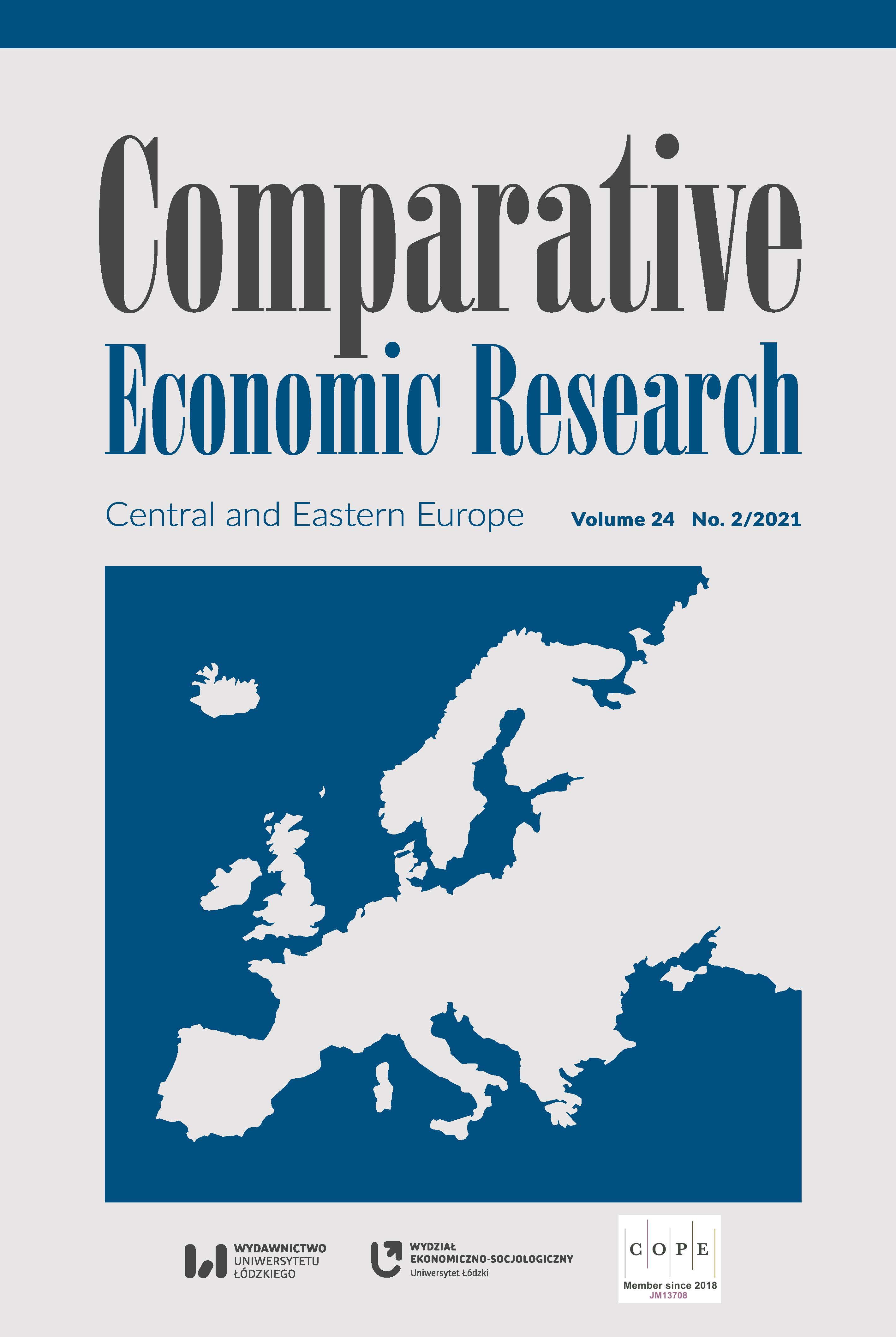The Persistence of Suicides in G20 Countries between 1990 and 2017: an SPSM Approach to Three Generations of Unit Root Tests
The Persistence of Suicides in G20 Countries between 1990 and 2017: an SPSM Approach to Three Generations of Unit Root Tests
Author(s): Izunna Anyikwa, Nicolene Hamman, Andrew PhiriSubject(s): Economy
Published by: Wydawnictwo Uniwersytetu Łódzkiego
Keywords: Suicides; sequential panel selection method (SPSM); nonlinear unit root tests; Fourier form unit root tests; G20 countries
Summary/Abstract: Suicides represent an encompassing measure of psychological wellbeing, emotional stability as well as life satisfaction, and they have been recently identified by the World Health Organization (WHO) as a major global health concern. The G20 countries represent the powerhouse of global economic governance and hence possess the ability to influence the direction of global suicide rates. In applying the sequential panel selection method (SPSM) to three generations of unit root testing procedures, the study investigates the integration properties of suicides in G20 countries between 1990–2017. The results obtained from all three generations of tests provide rigid evidence of persistence within the suicides for most member states of the G20 countries, hence supporting the current strategic agenda pushed by the WHO in reducing suicides to a target rate of 10 percent. In addition, we further propose that such strategies should emanate from within G20 countries and spread globally thereafter.
Journal: Comparative Economic Research. Central and Eastern Europe
- Issue Year: 24/2021
- Issue No: 2
- Page Range: 153-173
- Page Count: 21
- Language: English

